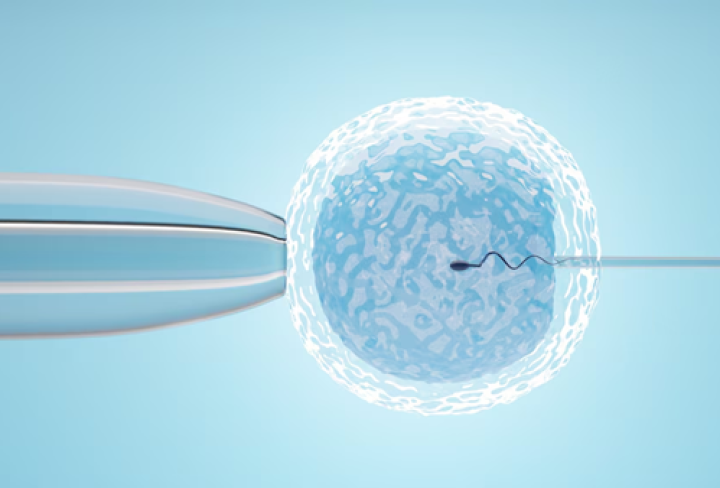IUI is a fertility treatment procedure. In this, the sperm are put into the uterus. This process helps eliminate the various barriers to the passage of sperm after natural sexual intercourse. It increases the chances of pregnancy for couples who cannot get pregnant.
What Are the Benefits of IUI?
- First-Line Treatment
- Simple And Easy
- Economical (Budget Friendly)
- Less Invasive
- Lesser Complications
- Good Compliance
- Minimal Infrastructure Needed
Who Is The Right Candidate?
- Couples With Less Than Five Years Of Infertility
- HIV Discordant Couples
- Same-Sex Couples
- Single Parent
How to Prepare for the IUI Procedure?
- First visit: The female partner visits the clinic once the menstrual periods begin.
- Ovulation Induction: From the second or third day of the period, the doctor will put her on a tablet for inducing ovulation or egg release for the next five days
- Ultrasound examination: The next visit will be on day 11 or 12 of her cycle. The doctor will do an ultrasound to observe if she is ovulating
- hCG injection: Will administer an hCG shot to trigger the final maturation of eggs
- IUI procedure: Around 36-38 hours later, they will perform the IUI procedure.
What To Expect During the Procedure (IUI)
For the male partner:
- Abstinence: The male partner should undergo an abstinence period of 2-5 days before giving the sperm sample.
- Sperm sample: On the day of the procedure, the male partner will provide his sperm sample for the insemination process. It should be done within 90 minutes of collection to optimize the outcome of the IUI procedure.
- Sperm washing: Then, the semen sample is ‘washed’ to eliminate the excess liquid, dead and weak sperms, debris, etc. The aim is to concentrate the healthiest and most motile sperm into a small volume. Sperm washing may take up to an hour.
What To Expect During the Procedure (IUI)
For the female partner:
Do not empty the bladder: The female partner can relax until other processes occur. She should not urinate, as a complete or semi-full bladder makes the IUI process smoother.
Insemination: The doctor will insert the washed sperm into the uterine cavity using an exemplary catheter. It will increase the chances of the sperm reaching the released eggs and fertilizing them. This procedure is quick and lasts less than a minute.
What Happens Post-IUI Procedure?
- Medications: The doctor will prescribe the female progesterone hormonal tablets you must take from the second day after IUI for 15 days.
- Pregnancy test: They will also give a date for the Beta HCG test, i.e., the pregnancy test.
When Is the Pregnancy Test Done?
After the IUI procedure, the doctor provides the date for the pregnancy test to the couple. But generally, the Beta HCG test or pregnancy test is done approximately 14 days after the procedure. The test results come within 24 hours.
What Is The Success Rate Of IUI?
As a person age, they have fewer, and the quality of eggs is compromised. The success rate for IUI by age is:
- Age 20 to 30: 17.6%
- Age 31 to 35: 13.3%
- Age 36 to 38: 13.4%
- Age 39 to 40: 10.6%
- Over 40: 5.4%
Who Cannot Undergo IUI Procedure?
- Females With Both Fallopian Tubes Blocked
- Females With Severe Pelvic Infection
- Males With Less Than 1 Million Sperm Count In The Post-Semen Wash

